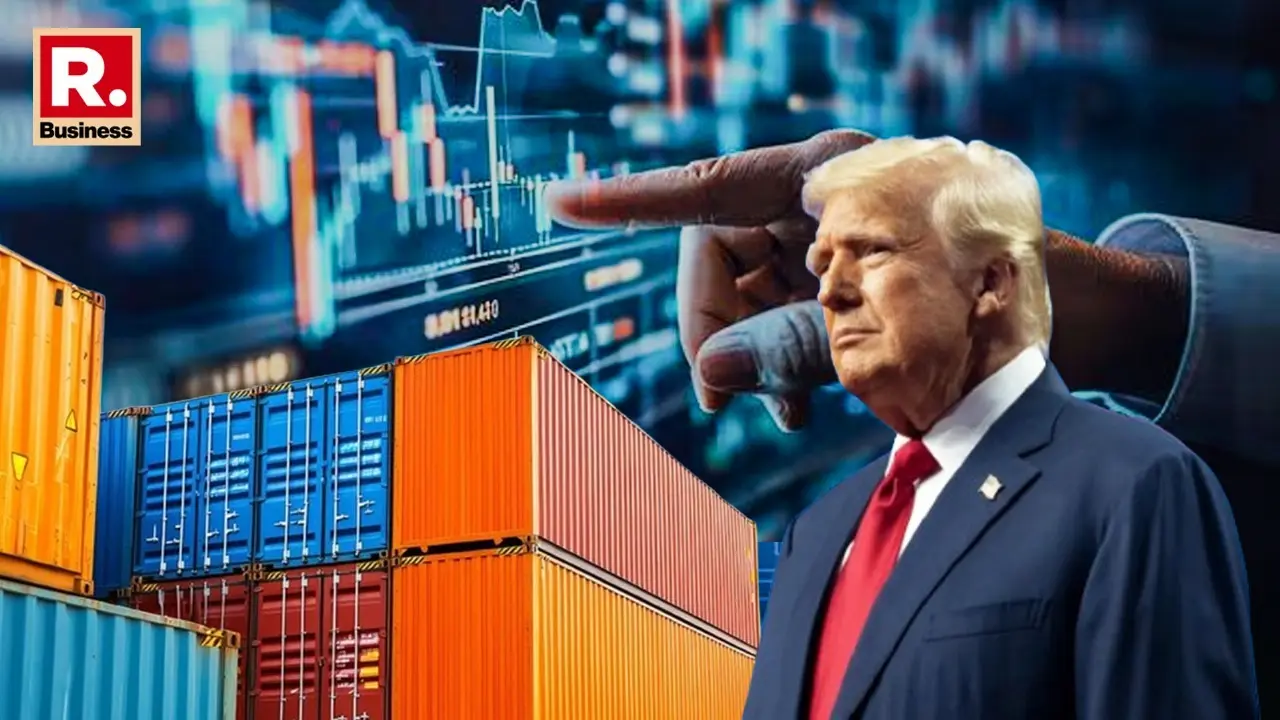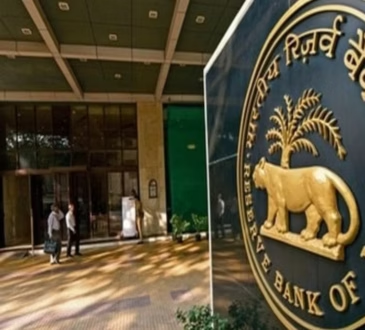Donald Trump Lists 8 ‘Non-Tariff Cheating’ Tactics — What Are They And How Do They Hurt American Trade?

U.S. President Donald Trump Lists 8 ‘Non-Tariff Cheating’ Tactics. | Image:
Donald Trump Tariffs
US President Donald Trump has once again highlighted what he calls “non-tariff cheating” in global trade. In a recent post on his social media platform, Truth Social, Trump listed several trade practices that, according to him, harm American businesses and workers.
In a recent post on his social media platform, Truth Social, former U.S. President Donald Trump outlined several unfair trade practices he believes harm American businesses and workers.
He listed what he called “NON-TARIFF CHEATING,” which includes: “Currency Manipulation, VATs which act as tariffs and export subsidies, Dumping Below Cost, Export Subsidies and Other Govt. Subsidies, Protective Agricultural Standards (e.g., no genetically engineered corn in EU), Protective Technical Standards (Japan’s bowling ball test), Counterfeiting, Piracy, and IP Theft (Over $1 trillion a year), and Transshipping to EVADE Tariffs!!!”

Currency Manipulation
Trump pointed out currency manipulation, where countries weaken their currencies to make exports cheaper. In March, he stated that he told the leaders of Japan and China they could not continue to reduce the value of their currencies, as doing so would be unfair to the U.S.
Japan’s Currency Practices Denied
However, Japan has denied these accusations. Japan’s Finance Minister, Katsunobu Kato, responded in parliament by saying that Japan does not manipulate the currency market to weaken the yen. Kato’s remarks came ahead of his scheduled visit to Washington next week, where he may meet with U.S. Treasury Secretary Scott Bessent on the sidelines of the G20 finance leaders’ gathering and spring IMF meetings.
Trump Criticises VAT Taxes and Other Trade Barriers
Trump also criticised foreign VAT (value-added taxes), describing them as tariffs and export subsidies. He accused certain countries of practices such as dumping products below cost, providing export subsidies, and using protective agricultural and technical standards. As examples, he pointed out the EU’s ban on genetically engineered corn and Japan’s unusual bowling ball test for cars.
The Japan Bowling Ball Test
Trump has previously brought up the bowling ball test as an example of Japan’s unfair trade practices. In 2018, he stated during a fundraising event, “They take a bowling ball from 20 feet up in the air and drop it on the hood of the car.” This test, according to Trump, has been used by Japan to prevent U.S. automakers from selling cars in Japan.
Intellectual Property Theft and Transshipping
Another major concern for Trump was counterfeiting and intellectual property (IP) theft, which he claims costs the U.S. over $1 trillion each year. He also flagged transshipping, a tactic where goods are secretly moved through third countries to evade tariffs. Trump’s administration is preparing to urge countries to reduce trade with China as part of ongoing negotiations over U.S. tariffs.
Trump’s Criticism of China
China has consistently been a target of criticism from both Trump and previous U.S. administrations due to its trade surplus, alleged IP theft, and government subsidies that undermine competition with American firms. Peter Navarro, Trump’s trade advisor, has pointed out that China uses Vietnam to ship products and evade tariffs, a practice known as transshipping, describing Vietnam as “a colony of communist China.”




